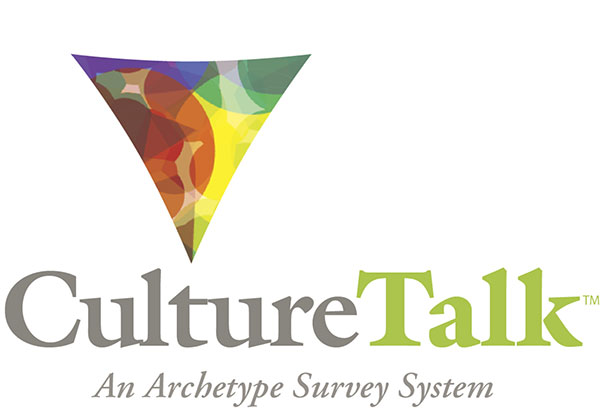Archetypes at the Office: Seriously Short Staffed
- April 14, 2021
- 6:06 pm
- Theresa Agresta
How Personality Archetypes Impact Office Politics
How many hours do you spend at work a day? A week? A year? For most workers the answers are 8, 40 and 2,080 respectively. Add that up over a 40-year career and you will spend a whopping 83,200 hours at your place of employment!
Imagine how many interactions you’ll have with co-workers, bosses, customers and partners over that time and you’ll realize that getting along with others is key to your success.
If only getting along was easy. But if you’re honest, it’s only easy with some people … those who have personality profiles that complement your own. With others who may rub you the wrong way, keeping the peace and promoting progress may require more effort.
Enter the Personality Archetypes – a framework brought to us by Swiss psychotherapist Carl Jung. According to Jung, ‘Archetypes’ are universal personality types that show up in individuals across time and cultures.
As you get to know these Archetypal characters, you will see yourself reflected in the strengths, motivations and behaviors of one or more of them. You will also see how the different Archetypes align with other people in the office. While we are wired differently, there aren’t any good or bad Archetypes; each has its strengths and shadow side, and each would respond to the exact same situation differently. Consider the following scenario – which Jungian Archetype are you?
Scenario: Seriously Short Staffed
The shift-leader on the production line quit his job with no notice. You’ve been asked to fill-in temporarily, leaving you with responsibility for two full-time positions.
Here’s How Different Archetypes Might Respond
As we can see from the table above, the same situation can spur very different reactions. Each Archetype has a go-to response mechanism. When a challenge takes them out of this comfort zone – they either use their strengths to problem solve, or they respond unconsciously from the shadow side of their personality.
Archetypes can provide wonderful insights as we seek to understand ourselves and learn our own strengths and shadows. And if we can bring Archetypal awareness into every office interaction, our patience and appreciation of diversity will blossom.






